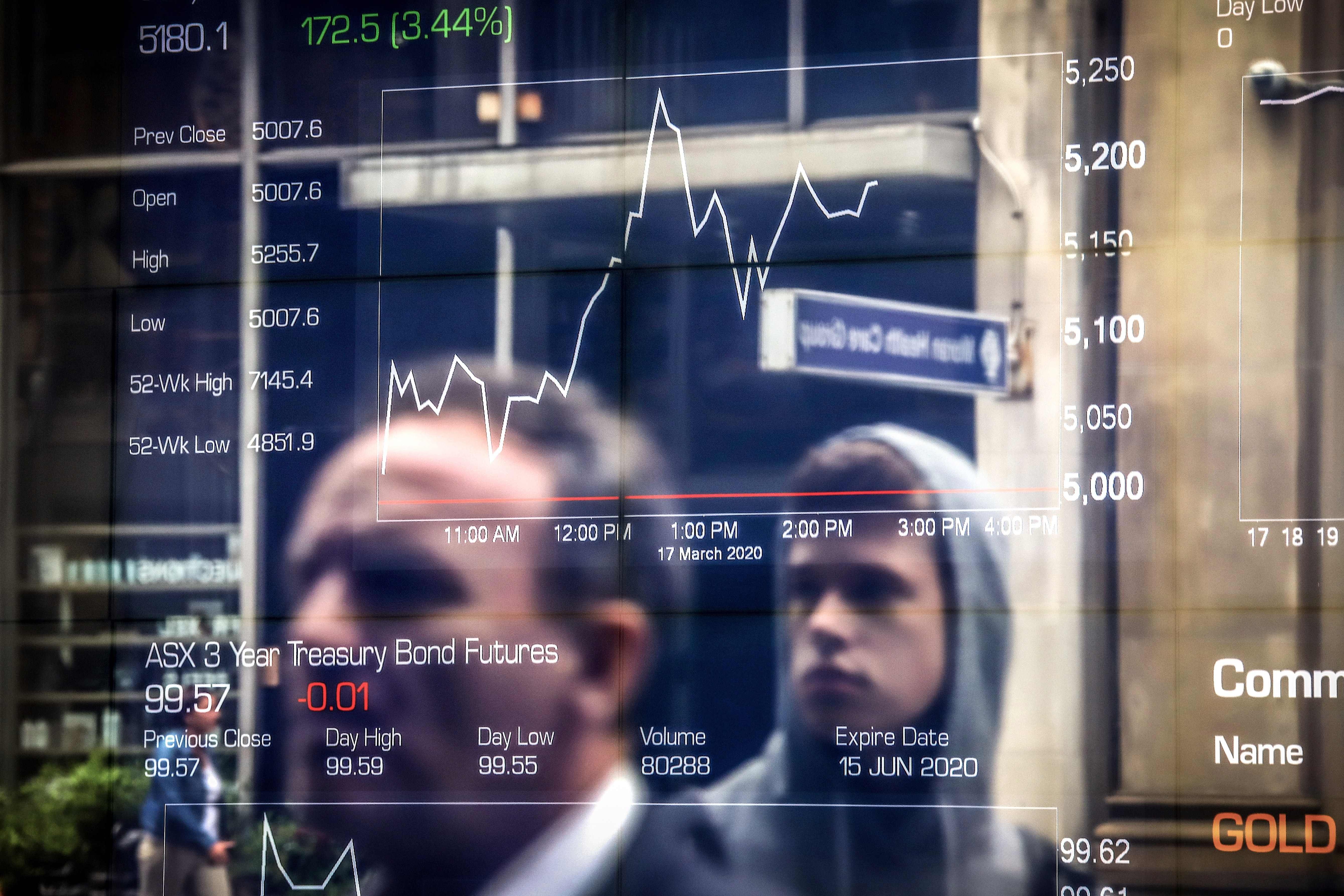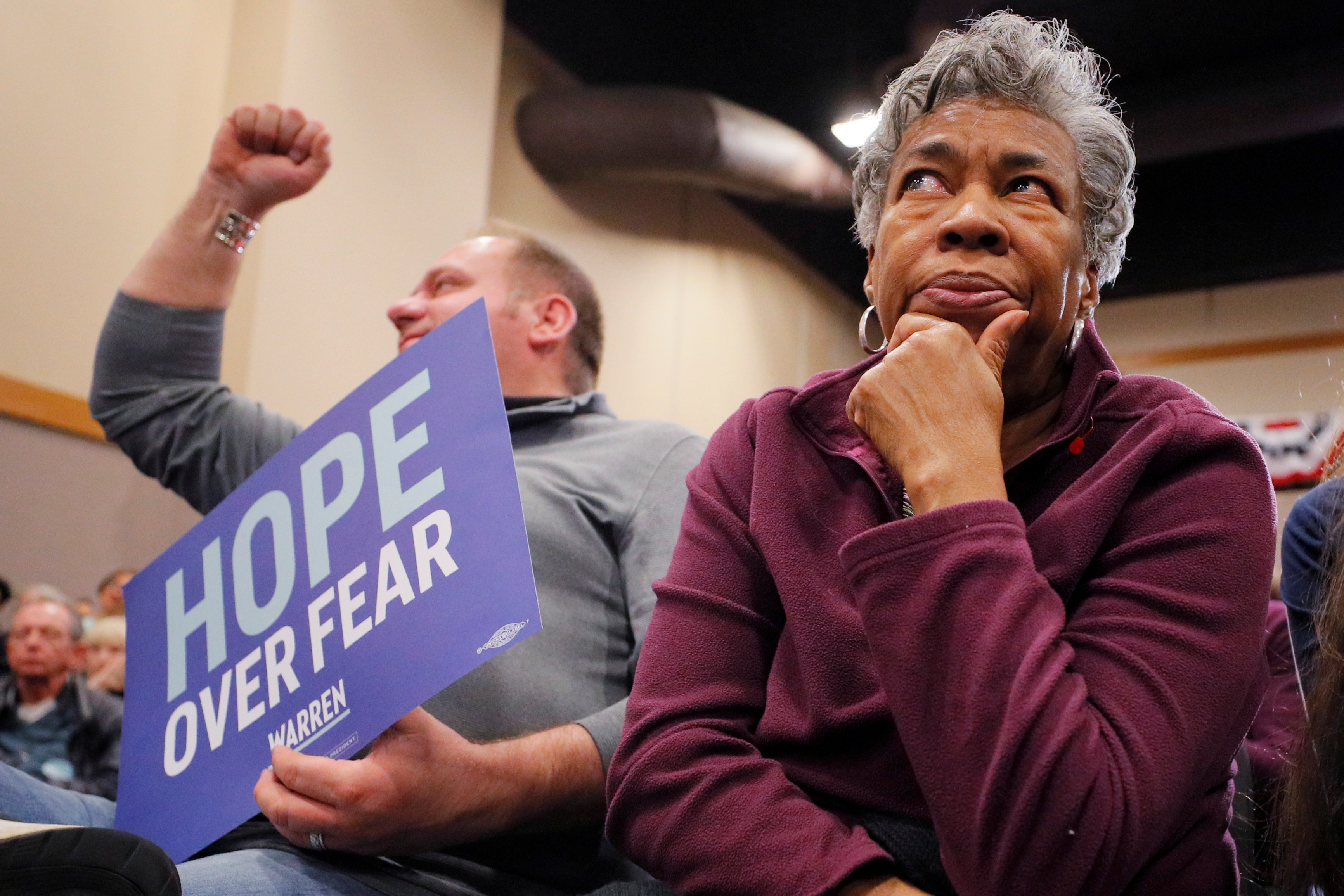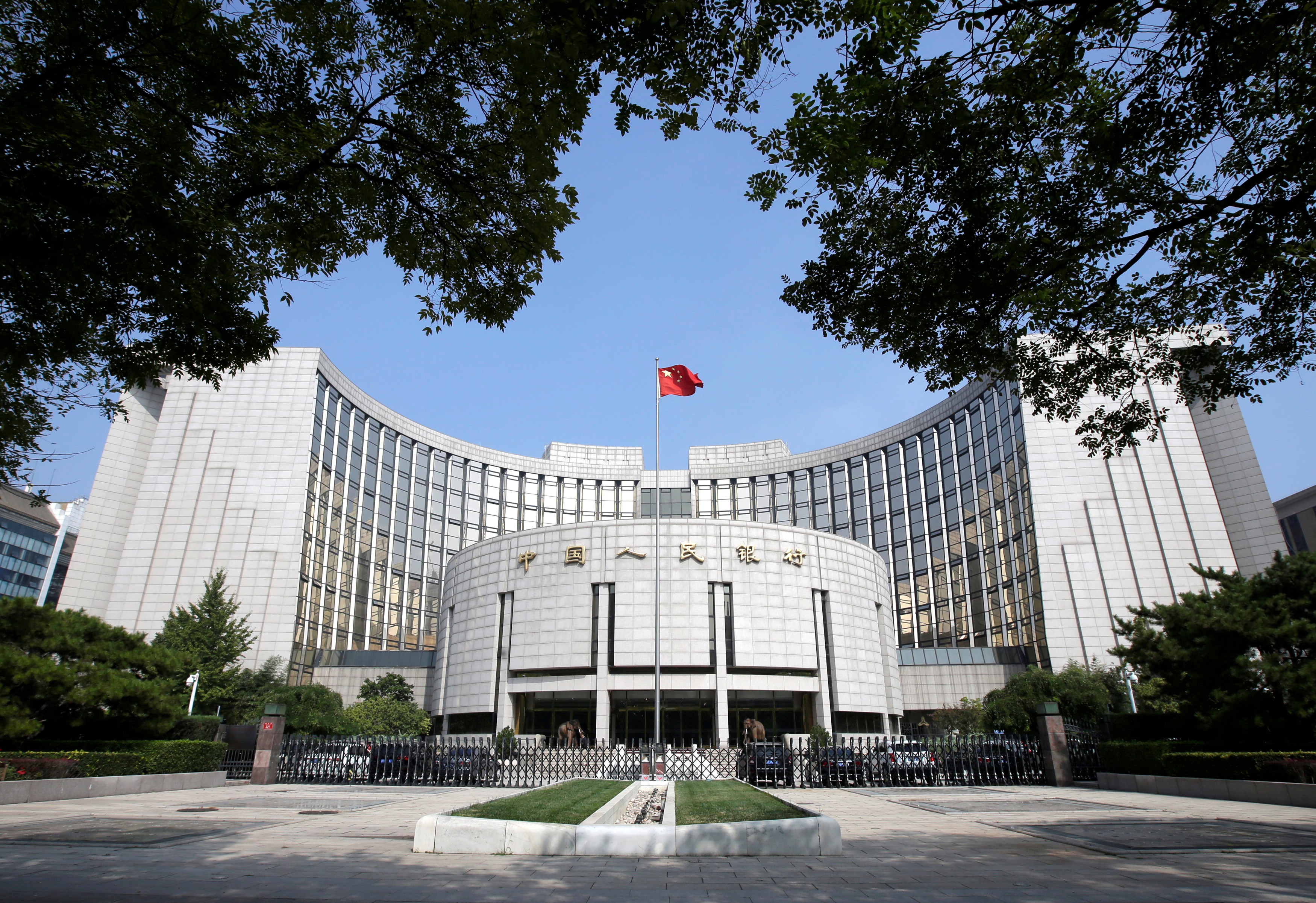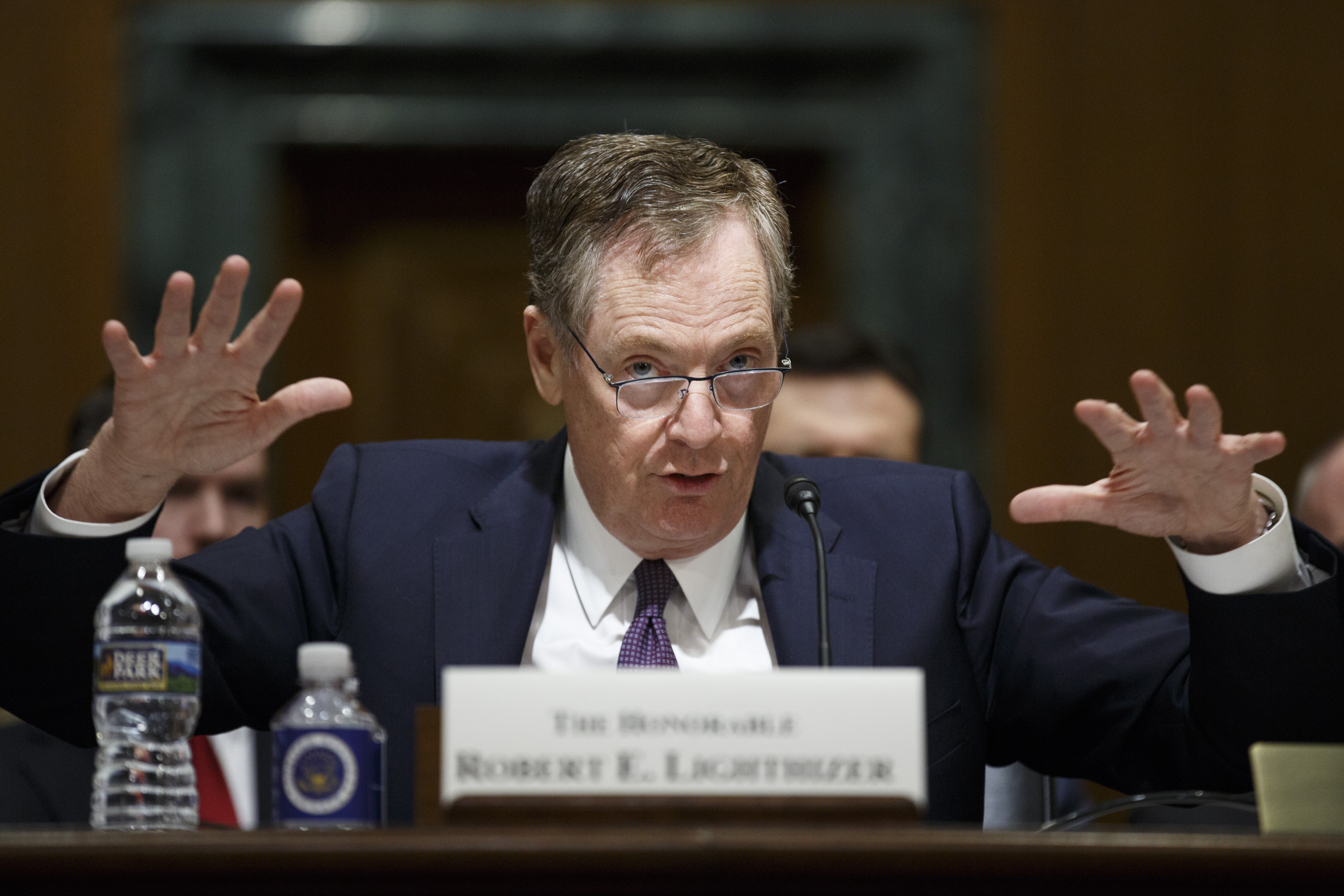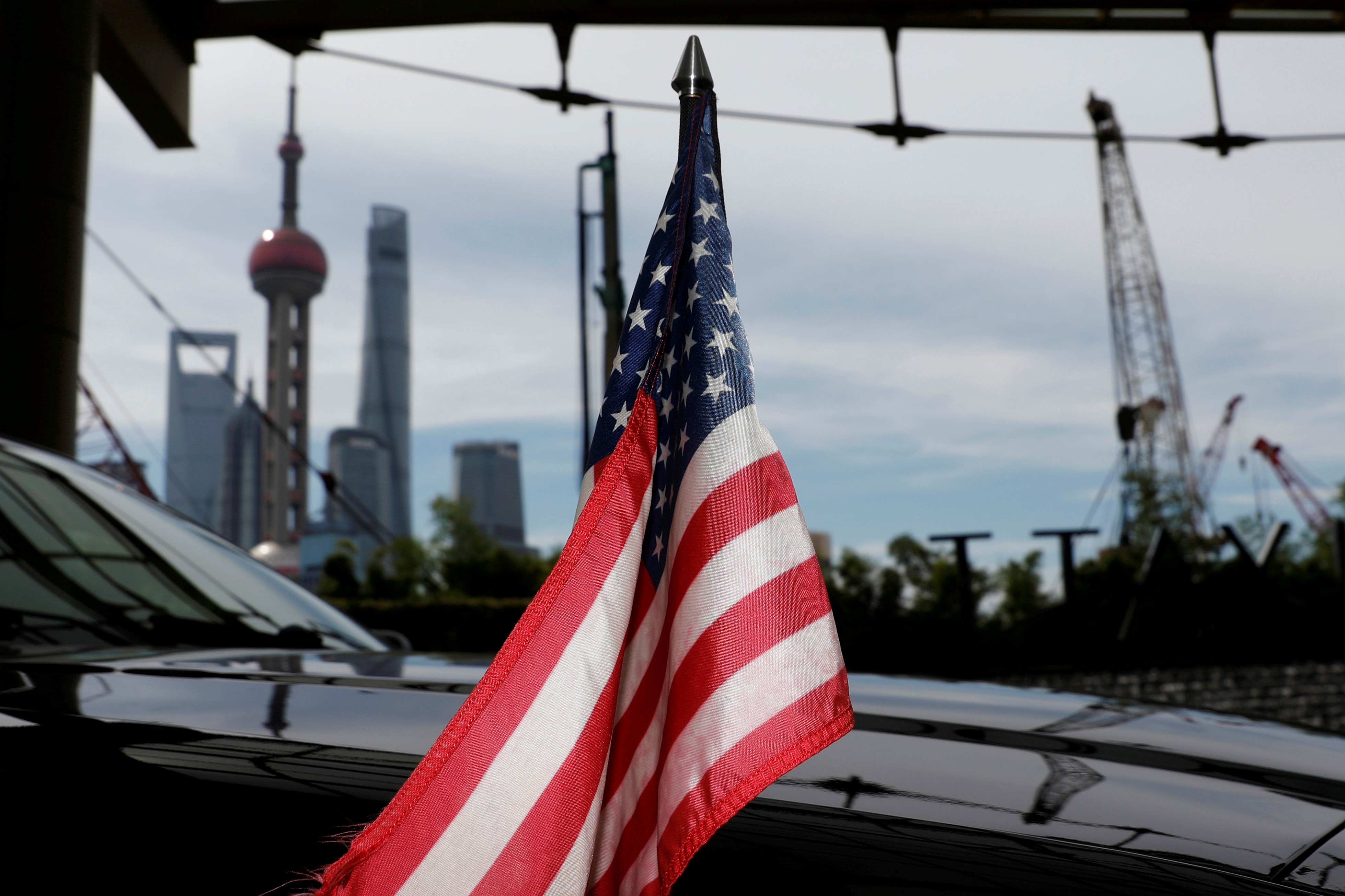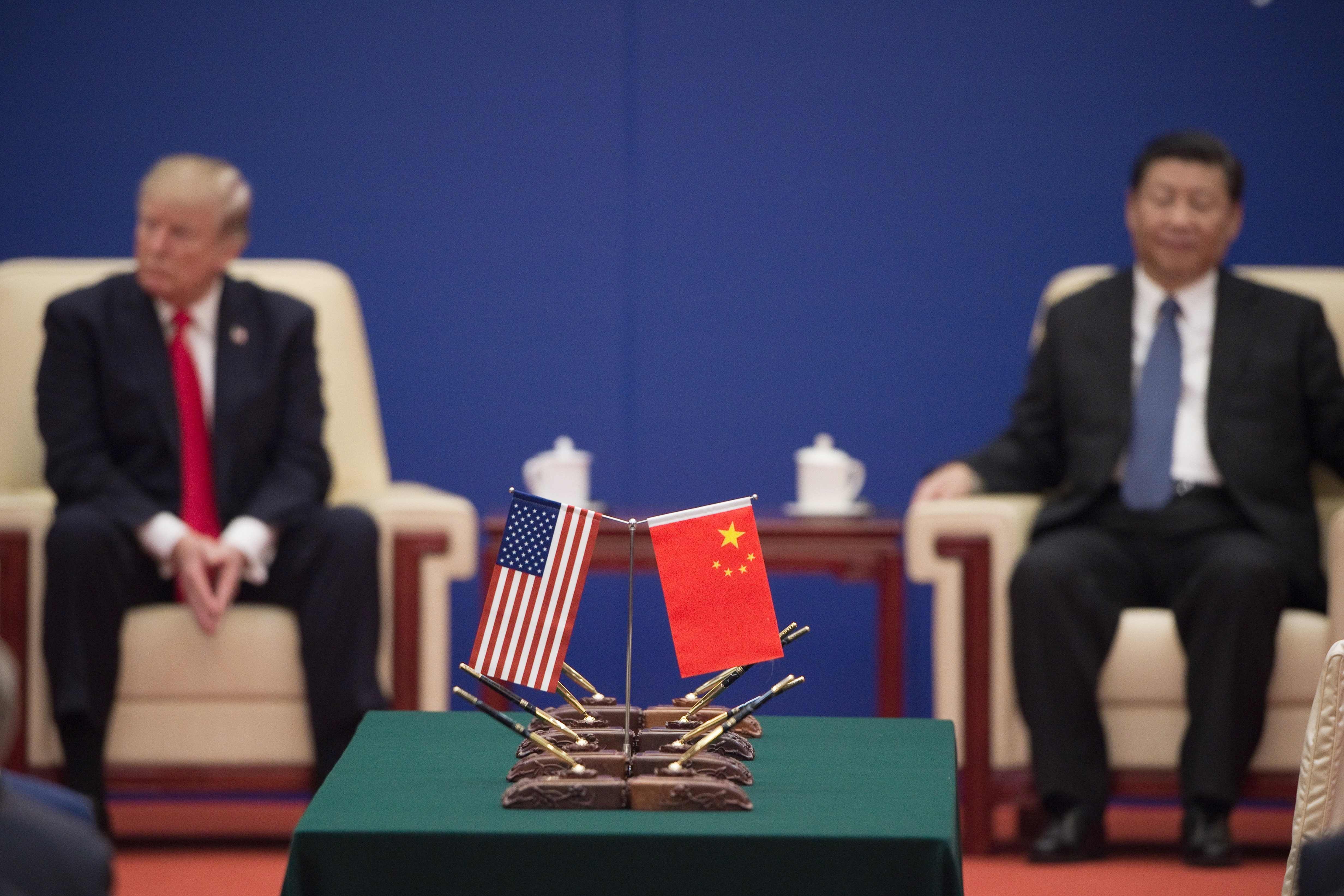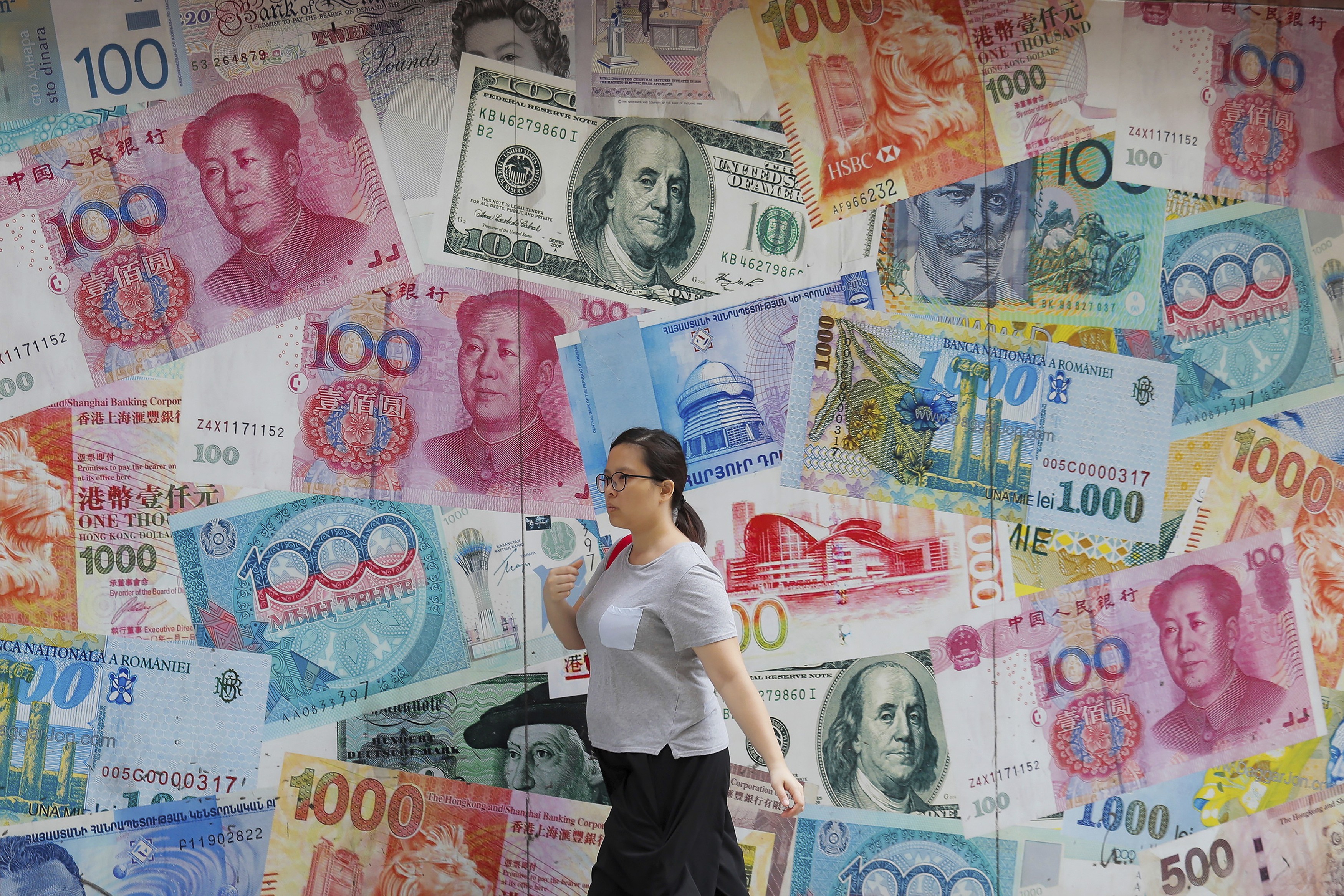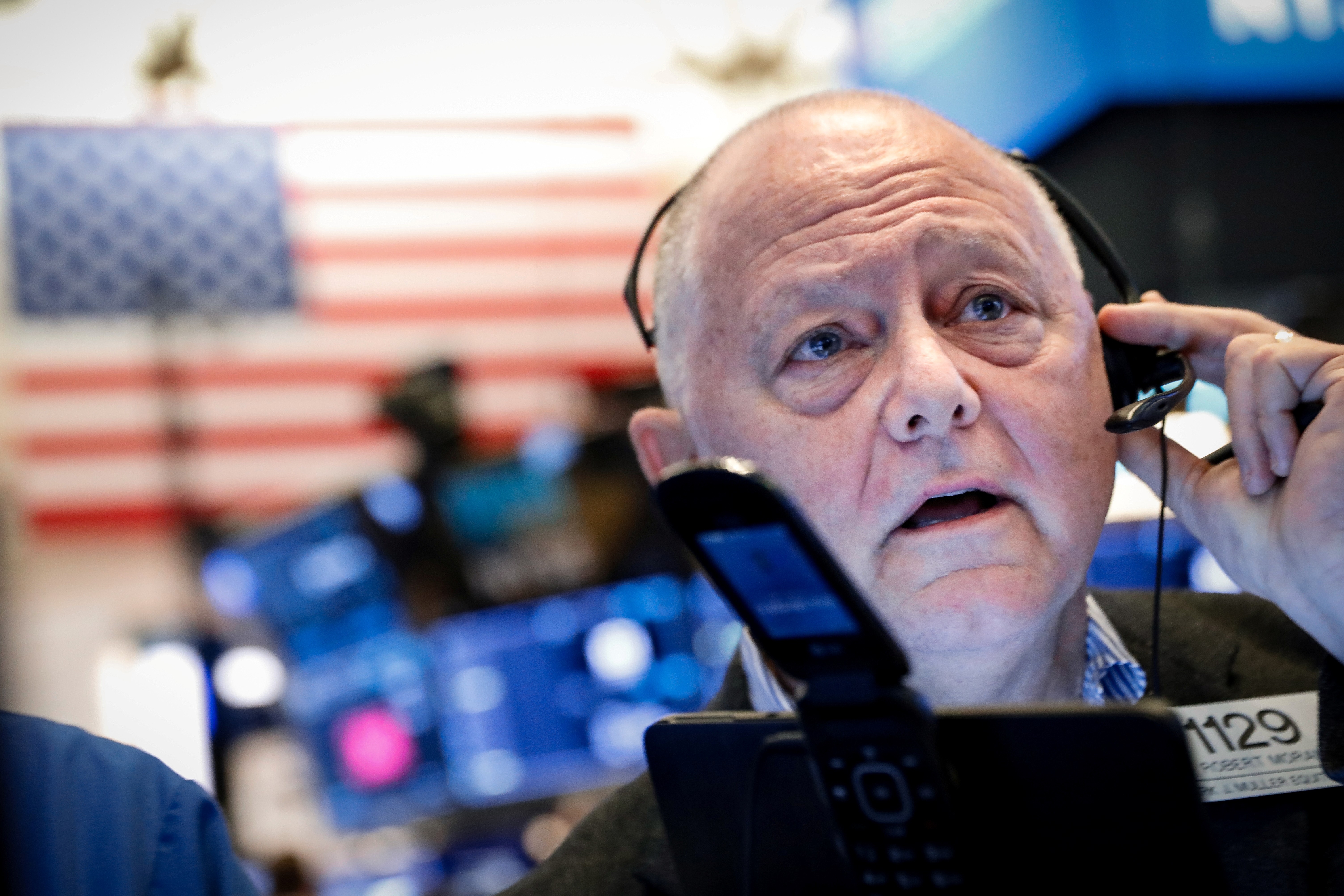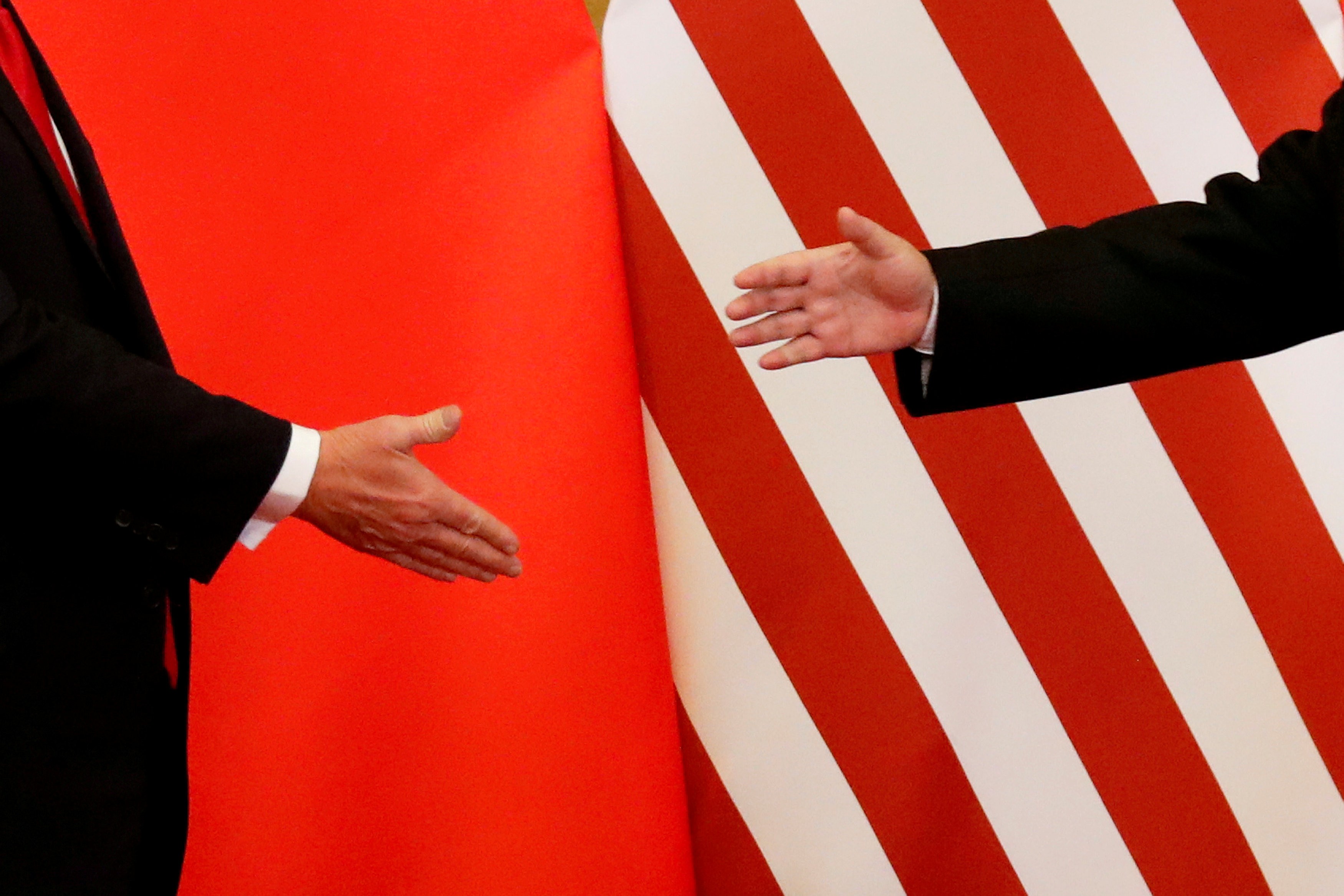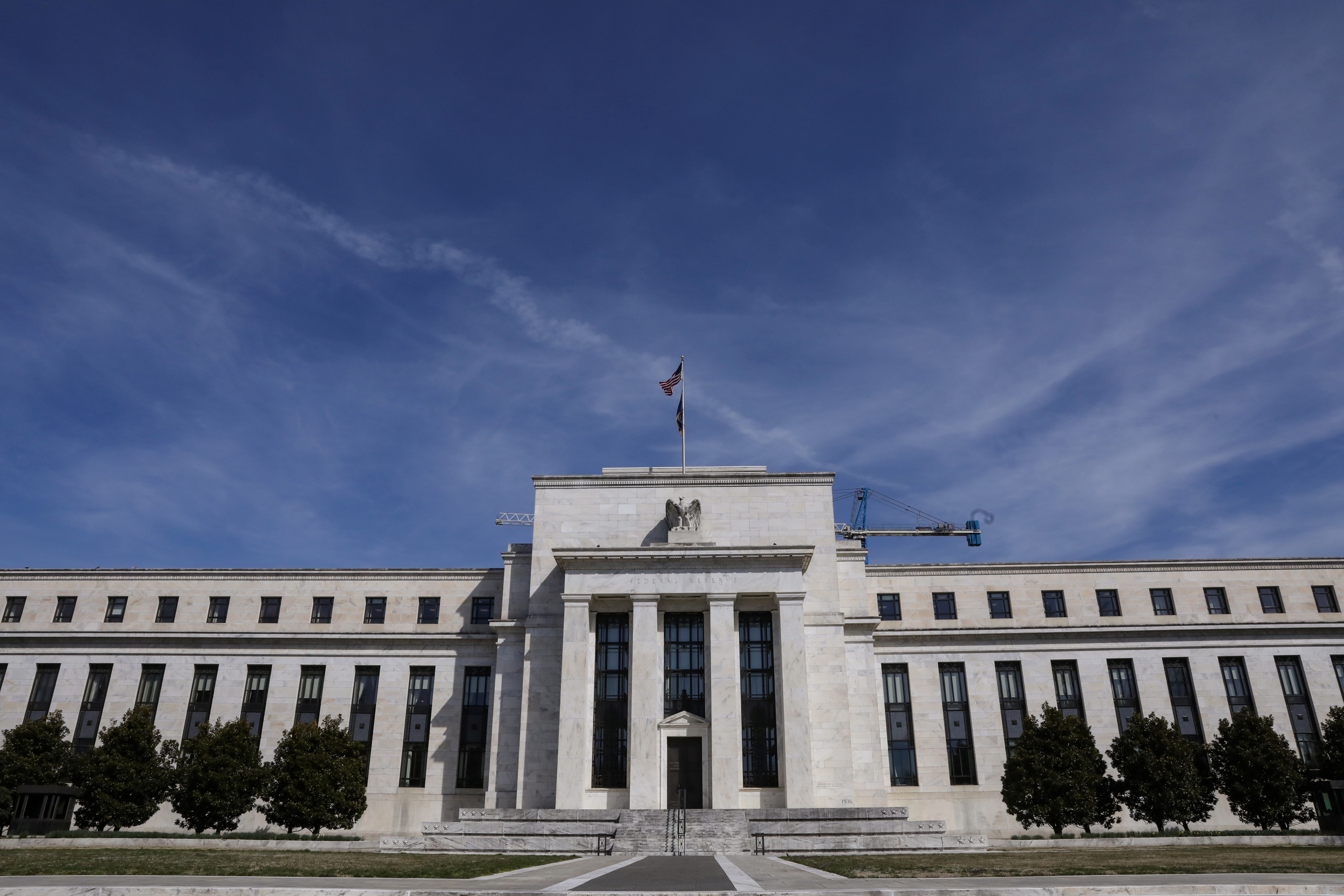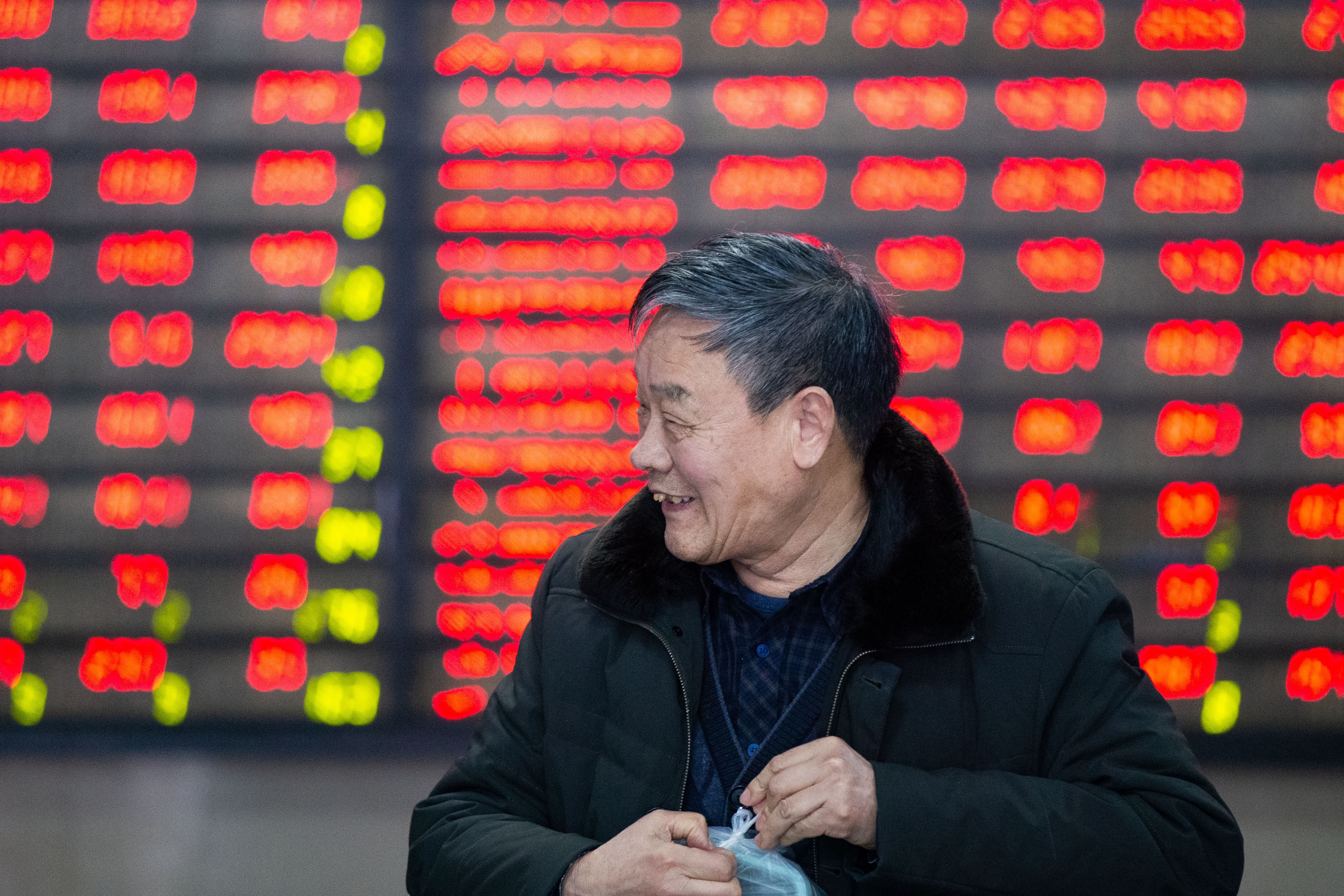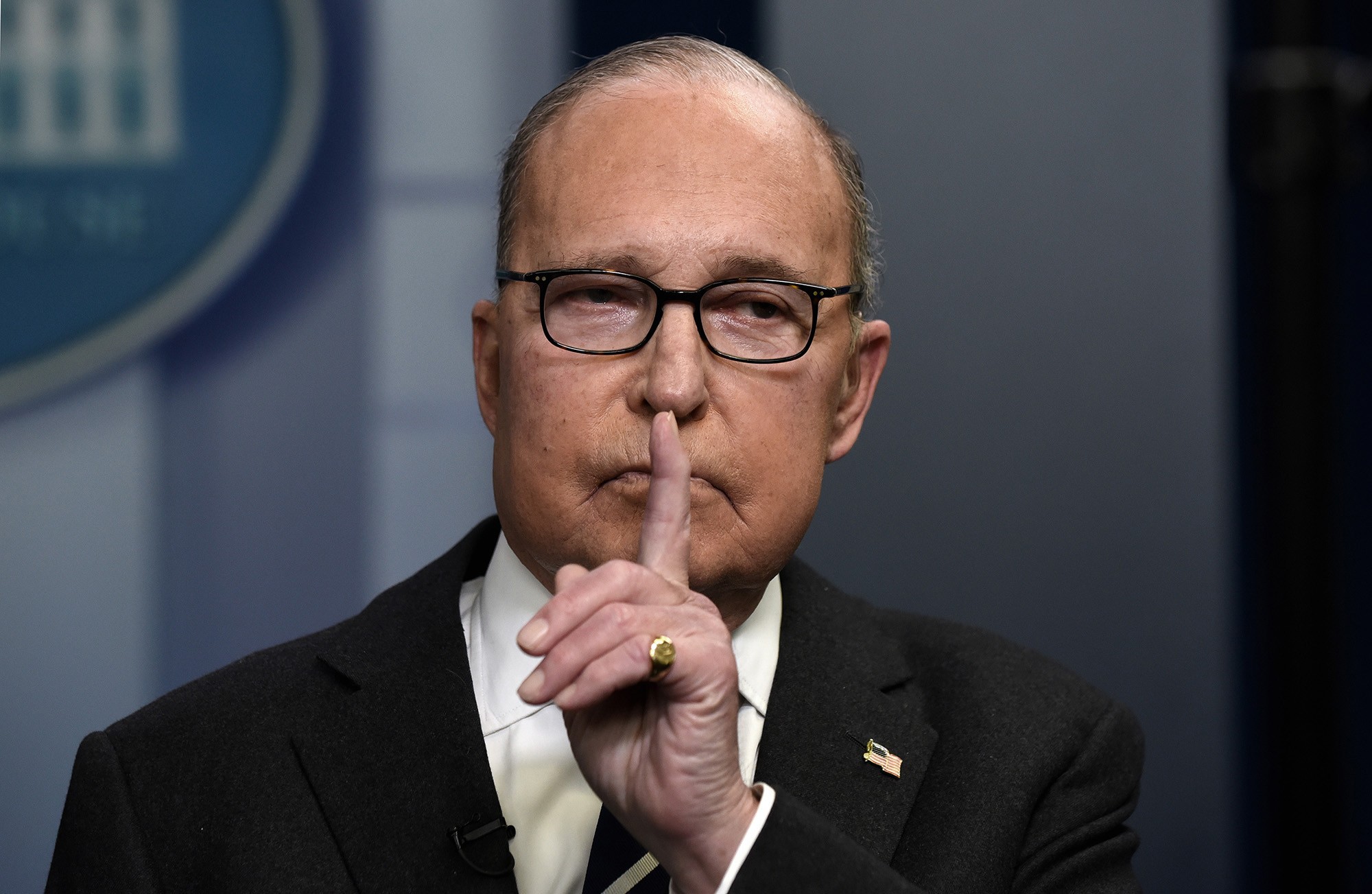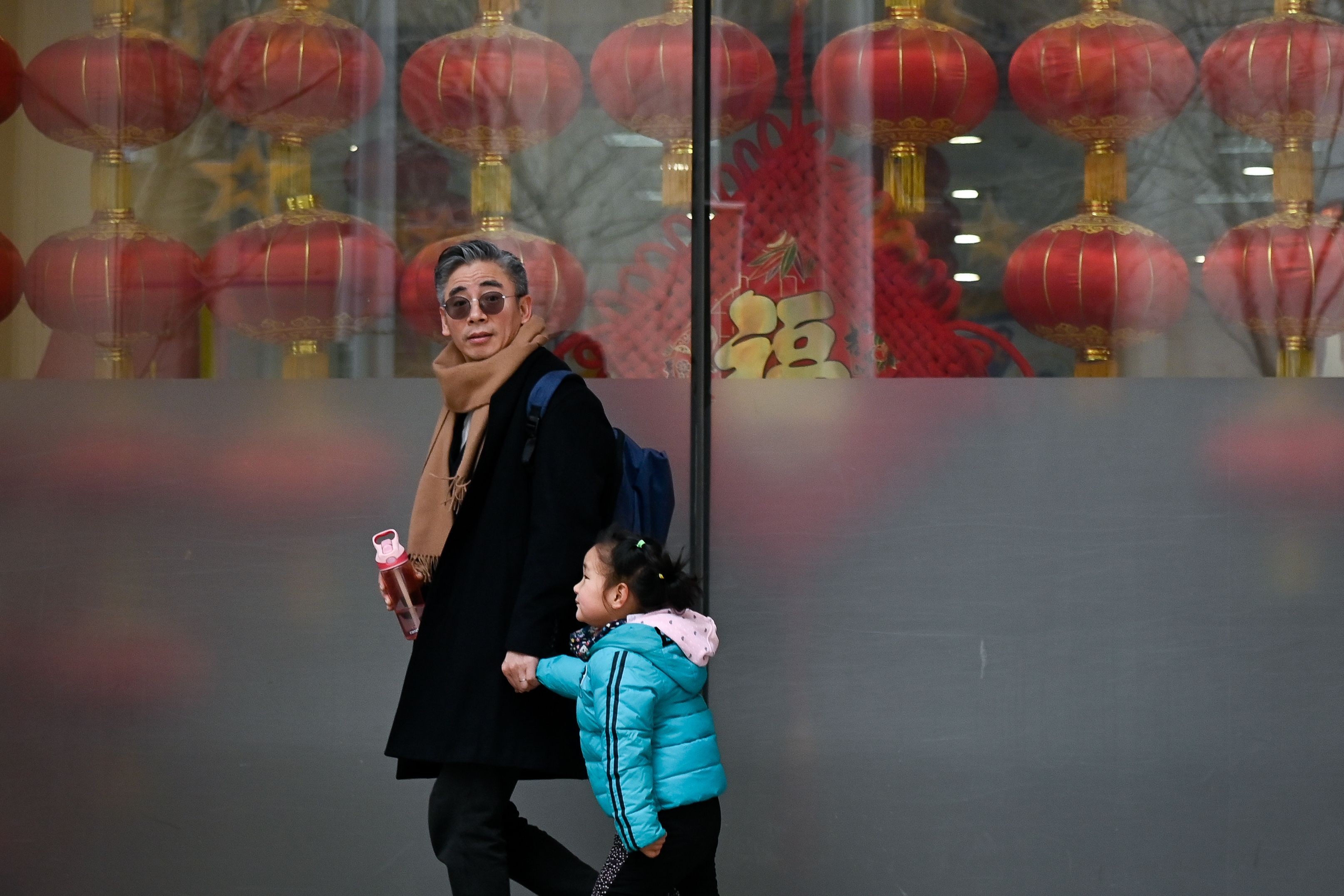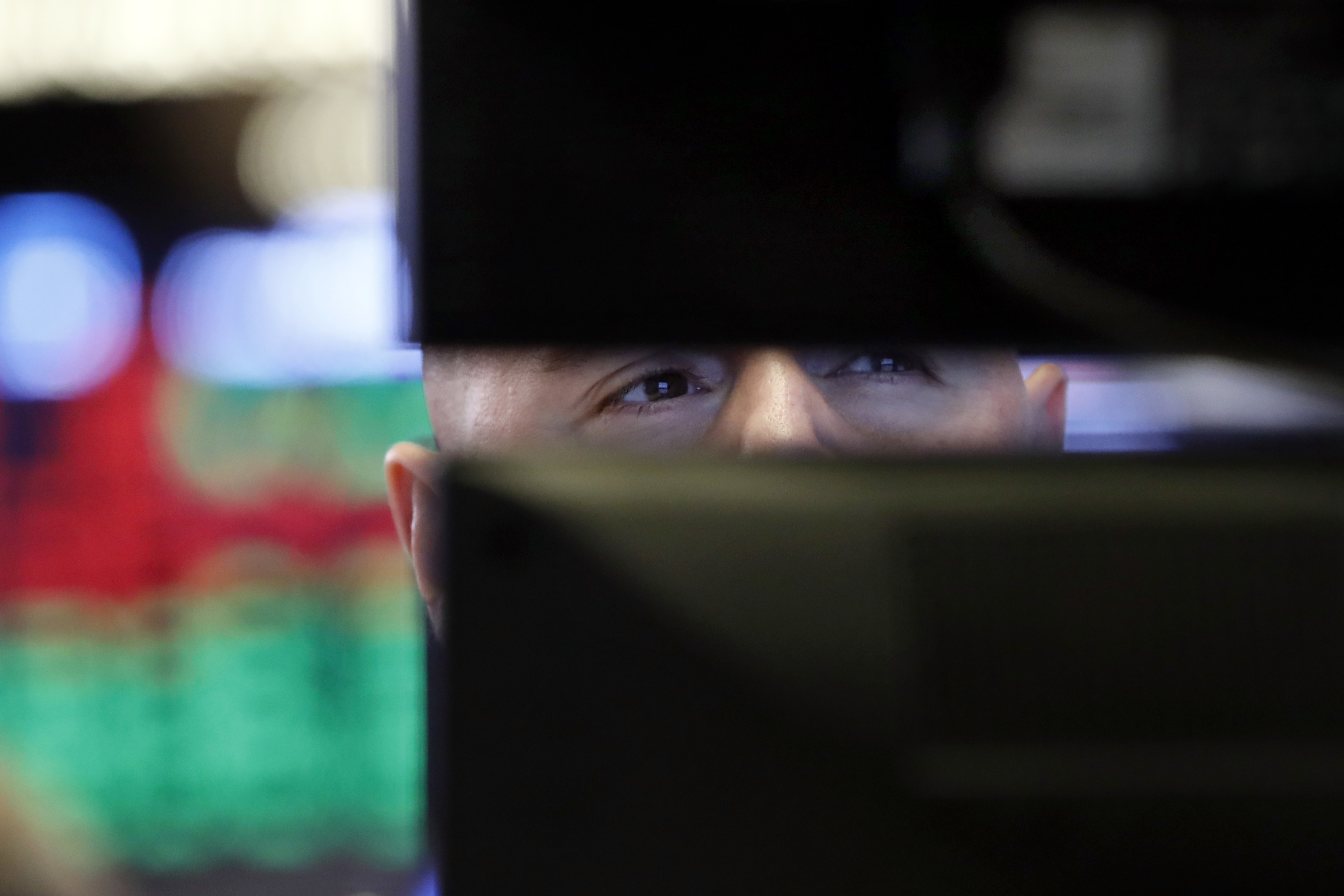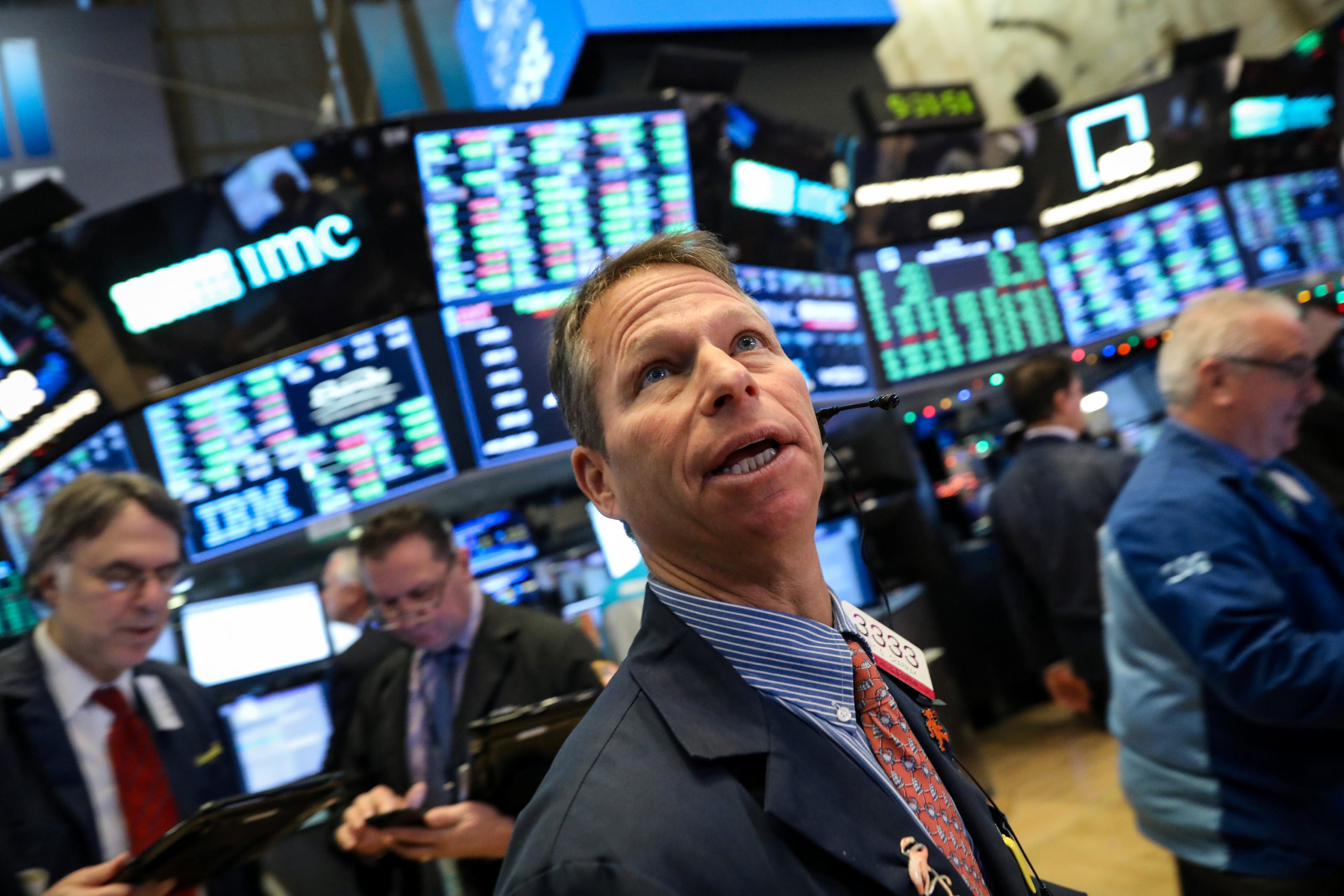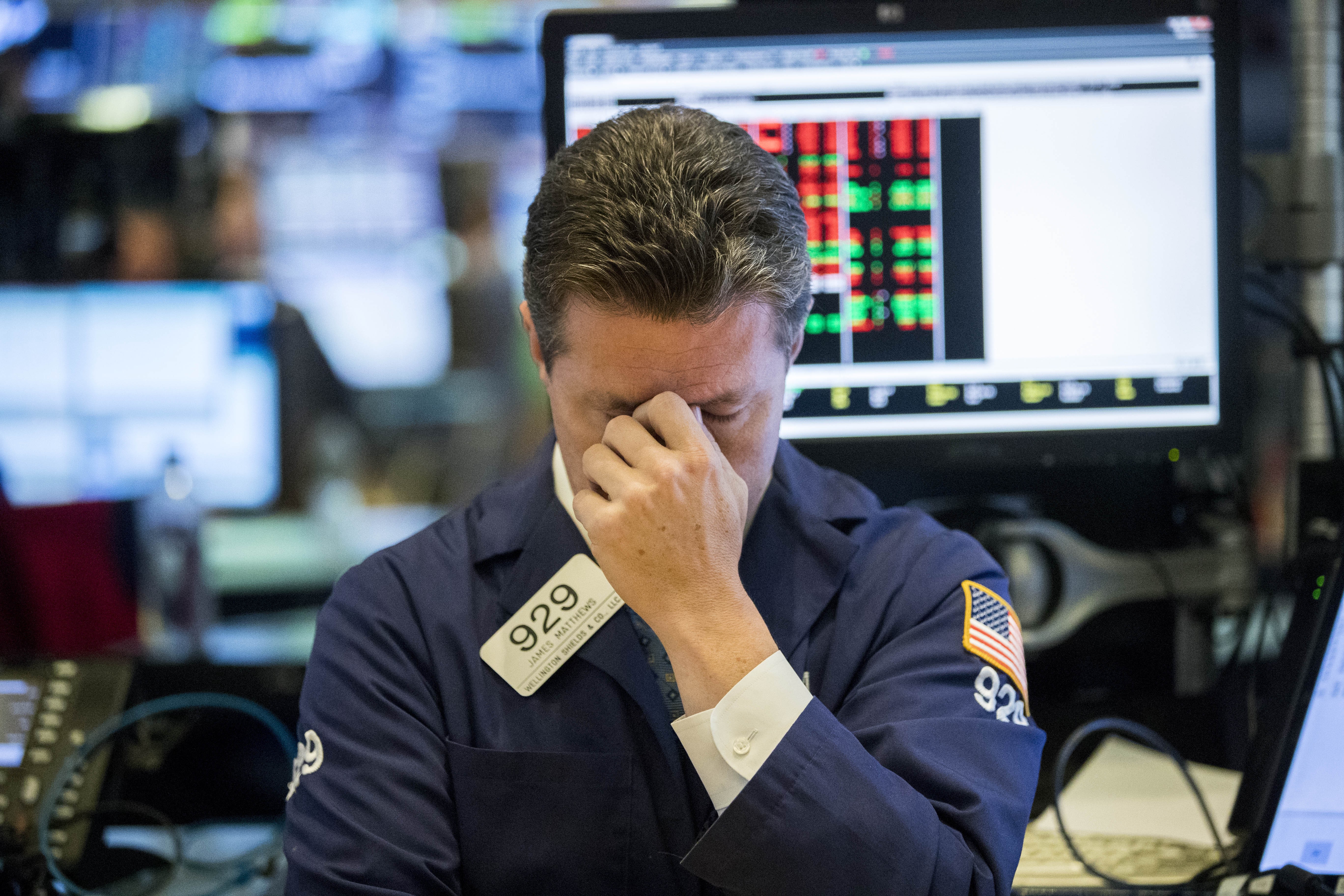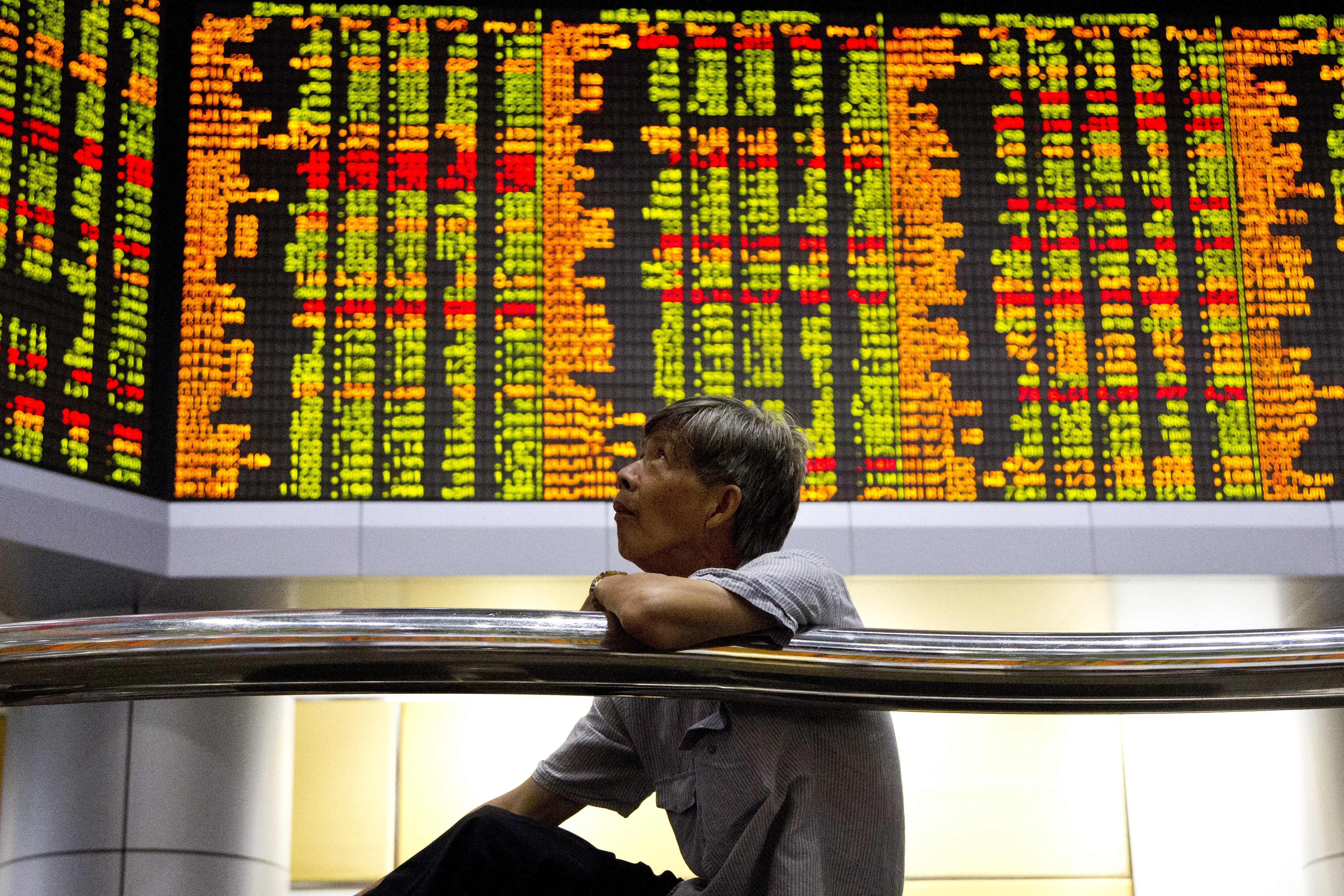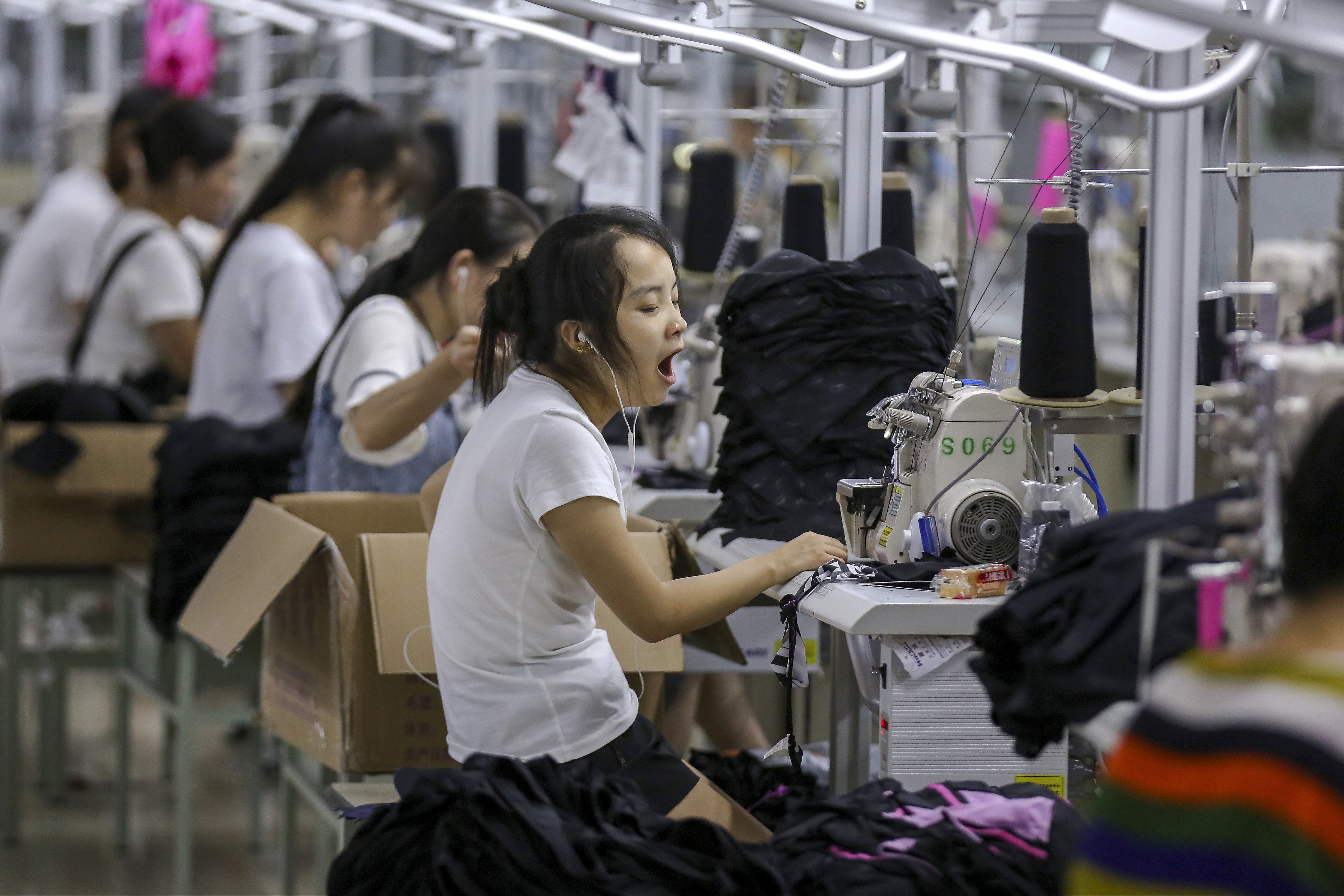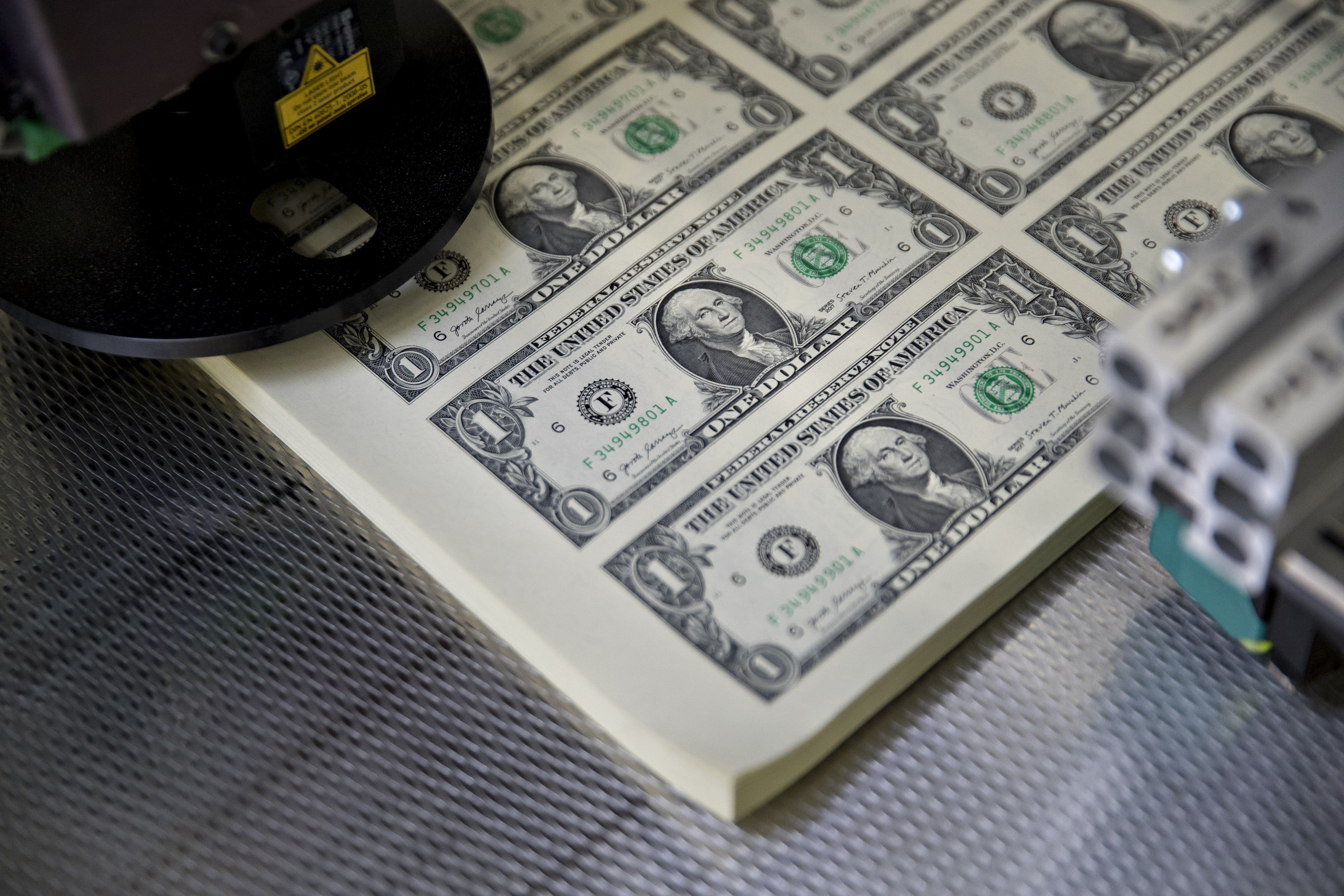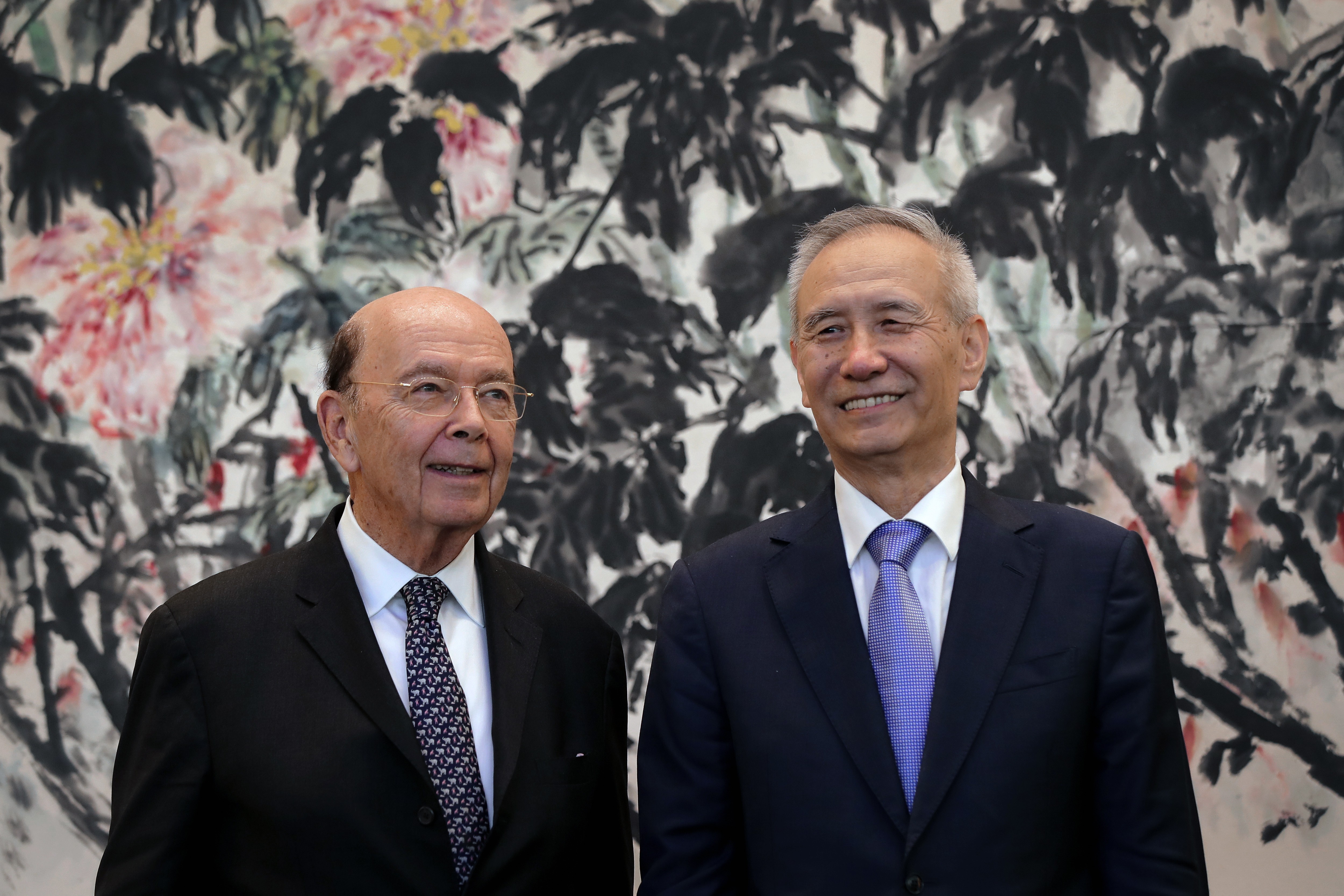
The current volatility is a reminder that investment strategies matter when it comes to how portfolios behave during a rapid market downturn.
The unusual results delay in the Iowa Democratic caucus, which kicks off the race for the White House, is a reminder that investors should tune out the sound and fury of the long election process, and focus on fundamentals.
While policy easing remains – with falling lending rates and a cut to the reserve requirement ratio – investors should not expect a flood of liquidity. The 2020 prognosis? Loose but prudent monetary policy.
The mercurial US trade policy and the lack of a platform for countries and businesses to adjucate trade complaints, with the WTO court in disarray, is undermining trade and business confidence, even as costs rise alongside tariffs.
Both corporate leaders and China’s Central Committee must answer whether they can continue to deliver high growth. While American company earnings and China’s economic growth face many similar challenges, they are on different trajectories.
History seems to repeat itself, with de-escalation before trade tensions inevitably flare up over unresolved issues. Investors, however, should avoid assuming that familiar government steps will lead to similar reactions in the market.
The US dollar, Chinese yuan, British pound and Argentine peso have been quick to feed geopolitical tensions into wider markets. As political dramas unfold, fast-moving currency markets will continue to release value for shrewd investors.
Whatever the intended impact of the latest tariff threat and the designation of China as a currency manipulator, the US moves are sure to disrupt the global economy and inflict pain beyond their target. Under such conditions, market volatility is a given.
Slowing global growth will negatively impact trade, while Sino-US talks have had too many twists and turns for investors to become complacent, despite the good optics coming out of Osaka.
An inverted yield curve typically precedes a worsening economic outlook, even a recession. But this time, as yield on 10-year Treasuries dipped below that on the three-month bills, many other factors were at play. There’s no guarantee a recession will follow.
With China’s foreign exchange reserves beating expectations, A-shares erasing 2018 losses and new recognition from international benchmarks, investors have reason to smile.
Expectations of risks are often more important than the risks themselves. Investors should remember that, in reality, the US-China trade war is far from over, and the Fed’s softer policy on rates may change later this year.
In trying to balance the need to support the economy with the need to control systemic risks, Beijing is using a mix of monetary and fiscal measures that investors should watch closely to gauge the health of the economy.
2018 was a tough year for investors grappling with market sentiments that were persistently more pessimistic than actual conditions. Policy decisions and political tensions will continue to matter in 2019.
An inverted yield curve means the US should brace for a recession in the medium term, but investors should beware of jumping ship too soon.
The sudden dip in prices in October after steady increases all year was due not to changes to the fundamentals, but to new expectations. Markets move on investors’ risk perceptions, even if they’re not based on reality.
There is plenty of sour economic news to go around, but for the time being disruptions, mainly in the form of disputes over trade, currency manipulation and geopolitics, look temporary.
Hannah Anderson says news about interest rates and economic growth seems to get lost in the rapidly moving news cycle but when it comes to emerging markets, central banks are the players to watch.
The Chinese authorities’ timely intervention to stabilise the renminbi, in the face of a slowing economy amid trade war tensions, has reset investor expectations.
A currency war would be the result of a conscious decision by central banks to lower the values of their currencies to give them an edge over their trading partners. What we’re seeing instead is a renminbi driven down by concerns over trade and an unexpectedly strong dollar.
A pro-risk tilt in portfolios is still appropriate, despite recent volatility, given that market fundamentals remain solid.
Hopes that Washington and Beijing could resolve their trade disagreement have to be put on hold as June negotiations have shown little progress, and the possibility of punitive tariffs remains a reality.
